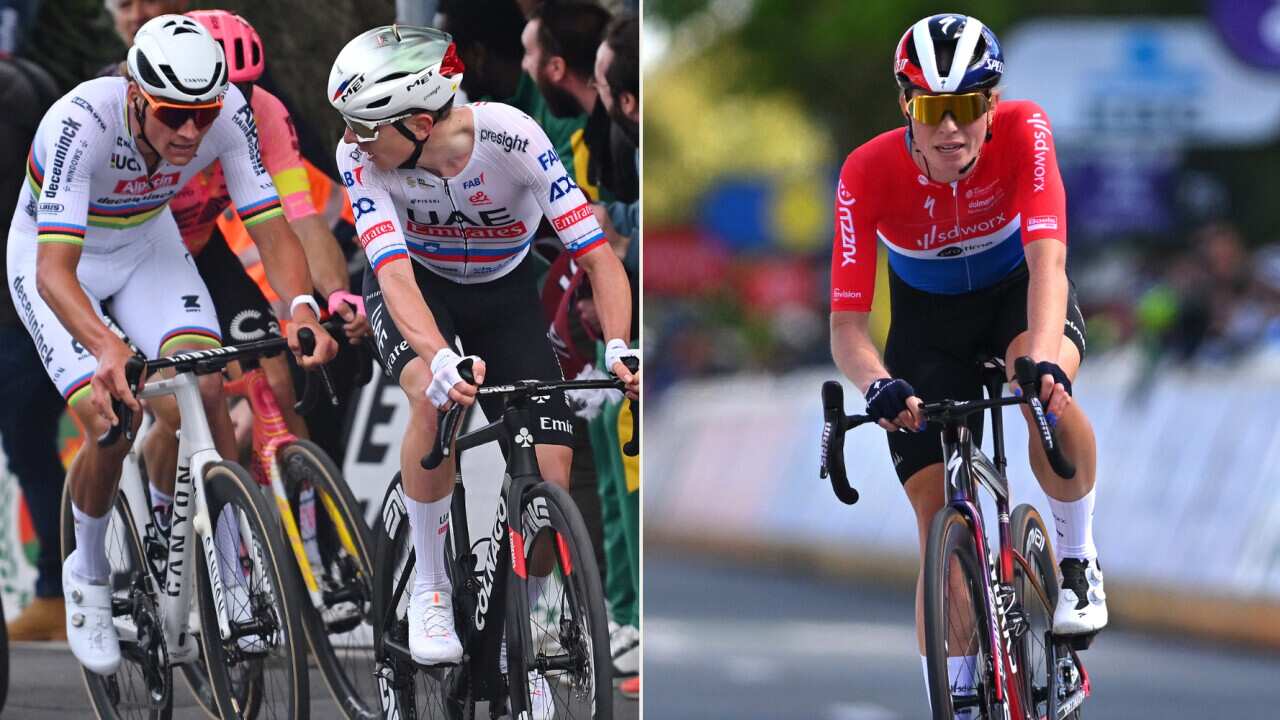The stunning documentary, produced by the club's television channel, tells the story of how Lovren's life was turned upside down when he was three years old, as war hit his small family village.
As sirens ran out through the night Lovren and his family fled to Germany with just a single bag, managing to narrowly escape the violence, but family members who stayed behind did not.
"My uncle’s brother was killed in front of other people with a knife. I never talk about my uncle because it’s quite a tough thing to talk about, but he lost his brother, one of my family members," Lovren explains.
Prior to the breakout of war in 1992, Lovren explains how in his small multi-cultural village everyone got along.
"We never had problems. Everything went well with the neighbours – with the Muslims, with the Serbs, everyone was talking very well between each other and enjoying the life, everything was how they wanted. And then it (the war) happened," he said.
Over 100,000 people were killed, while 350,000 refugees went to Germany.
Lovren and his family lived in Munich for seven years, and despite establishing a life there, were forced to leave by the German government as the war had ended.
“My mum and dad were asking for permission to stay more but every six months it was declined," he said.
"Then that day came and they said: ‘You have two months to prepare your bags and go back.’ For me it was difficult because I had all of my friends in Germany, my life had started there. I had everything, I was happy, I was playing in a little club, my father was the coach – it was just beautiful.
"My mum said: ‘Germany is our second home’ and it’s true. Germany gave us their open hands. I don’t know which country could have done that, at that time, to welcome refugees from Bosnia.”
The family moved to Croatia, and despite finding employment, struggled financially and at one point had to sell Lovren's beloved ice-skates to pay for food.
Lovren also struggled at school due to the fact he had not grown up in Croatia, he did not know how to write in Croatian and spoke with an accent.
As war and poverty forces families to flee their homes, debate rages around the western world over countries' responsibility to accept refugees.
“When I see what’s happening today (with refugees) I just remember my thing, my family and how people don’t want you in their country," Lovern said.
"I understand people want to protect themselves, but people don’t have homes. It’s not their fault; they’re fighting for their lives just to save their kids.
"They want a secure place for their kids and their futures. I went through all this and I know what some families are going through.
"Give them a chance, give them a chance. You can see who the good people are and who are not.”
Lovren eventually prospered through football, joining Dinamo Zagreb as a 14-year-old, and managed to establish himself in the first team by 2008 before moving on to Lyon in 2010.
From there he moved on to Southampton before joining Liverpool in 2014 where he has played 95 matches.










